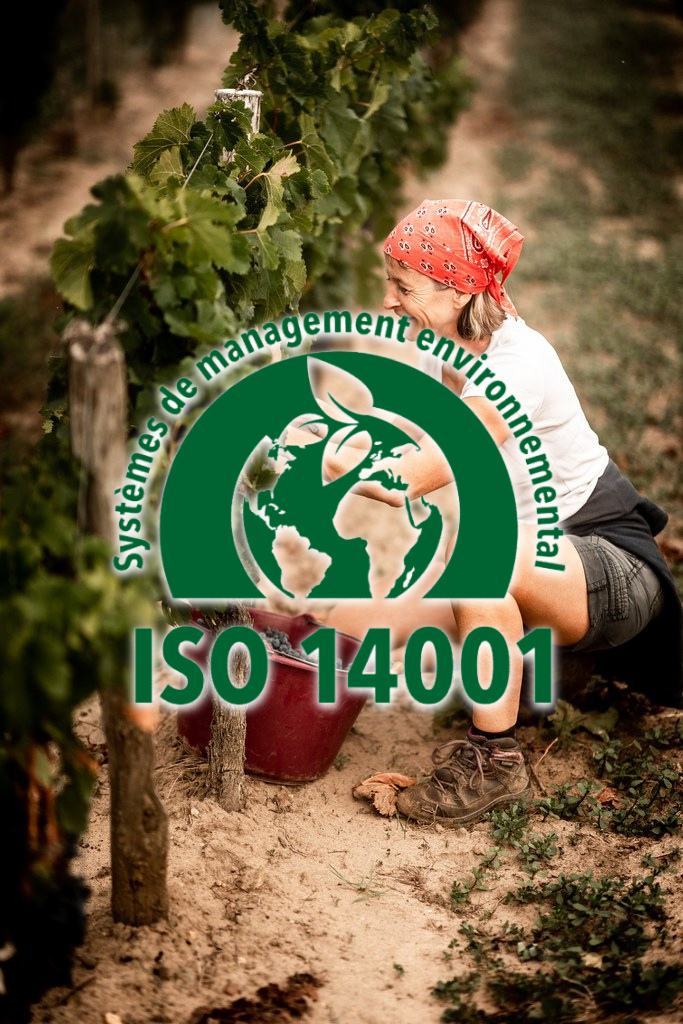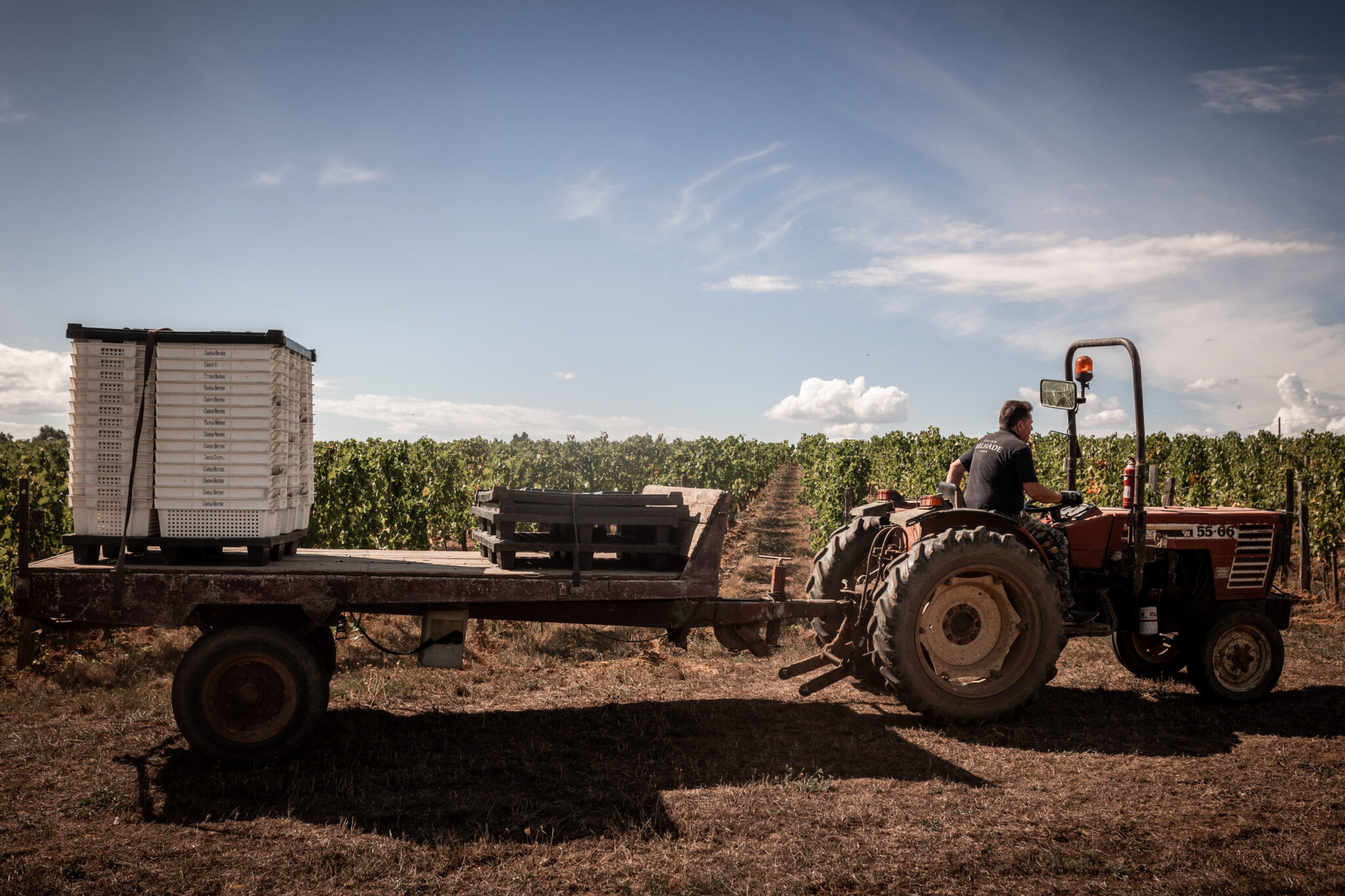



The EMS (Environmental Management System) certification is an approach designed to promote sustainable, environmentally-friendly practices in the wine industry. By obtaining Bordeaux Wine EMS certification, companies undertake to reduce their environmental impact and optimize their internal organization.
The EMS certification for Bordeaux wines is based on a standard recognized as a level 2 in environmental certification. This standard is based on compliance with ISO 14001 and French regulations. It provides a solid framework for wineries wishing to commit to an environmental approach.
The 4 Saint-Emilion appellations – Lussac Saint-Emilion, Puisseguin Saint-Emilion, Saint-Emilion and Saint-Emilion Grand Cru – are home to around thirty EMS-certified winegrowers.
The EMS certification commitments are based on 4 main pillars, each representing a key dimension of the environmental and sustainability approach in the wine sector.

Each company proceeds at its own pace in the EMS certification process, according to the objectives it has set itself. The certification process comprises several key stages.
First, an environmental diagnosis is carried out to assess the company’s current state of environmental practices.
Next, an environmental policy is defined, setting out the objectives and actions to be implemented. An action plan is drawn up to put these commitments into practice.
Training courses and technical visits are organized to raise awareness and train staff in good environmental practices. Companies must also track indicators and carry out internal audits to assess their progress.
Finally, once all these elements are in place, EMS certification is awarded, attesting to the company’s commitment to preserving the environment.
EMS (Environmental Management System)
The EMS certification for Bordeaux wines therefore represents a strong commitment to sustainability and environmental responsibility in the wine sector. It enables companies to implement concrete actions to reduce their impact on the environment, while improving their overall performance. This approach benefits both the company, in terms of brand image and competitiveness, and the environment, by helping to preserve natural resources and biodiversity.